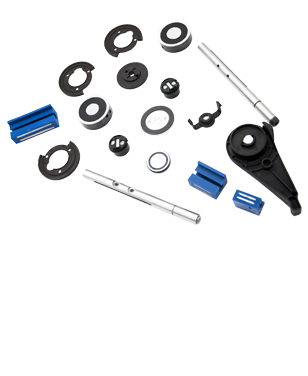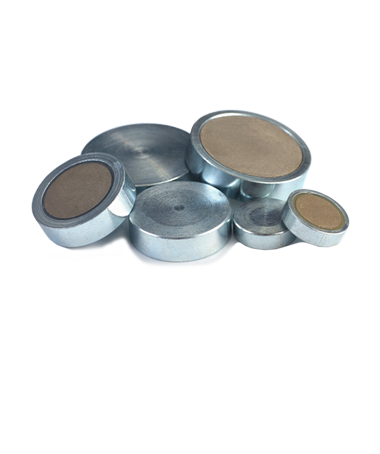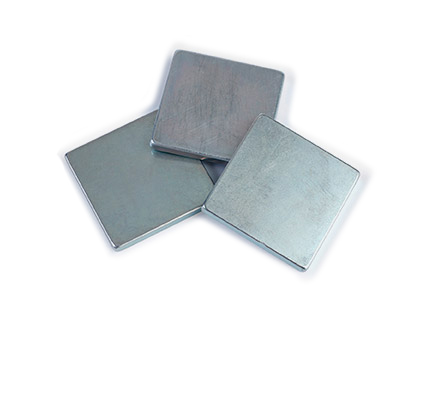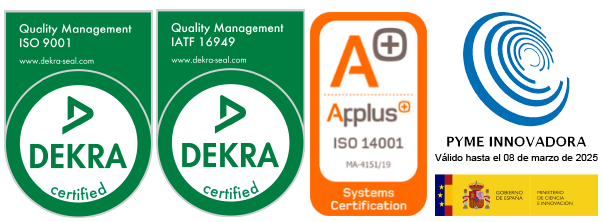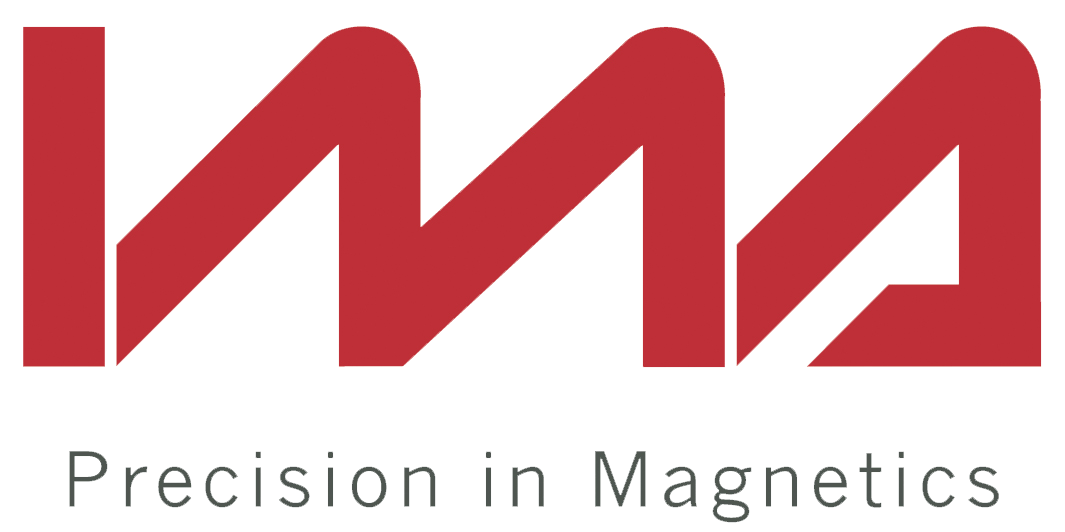Magnets have a wide variety of applications in the medical sector, and their use has contributed significantly to the improvement of people's quality of life. Magnets are an important tool in the medical sector and their use has contributed significantly to the improvement of people's quality of life.
Magnets in the medical sector can affect people in a variety of ways, depending on their specific use and application. In the following, we will look at the most well-known ways in which magnets can affect the human body and medical practice:
In Magnetic Resonance Imaging (MRI), magnets can affect people who have metal implants or medical devices, such as pacemakers, joint replacements, and vascular clips, as they can move or heat up due to the strong magnetic field generated by the MRI machine. Therefore, it is important that patients inform their doctor if they have any implanted medical devices before undergoing an MRI scan.
In magnetic therapy and magnet therapy, magnets can affect the human body through the magnetic energy they generate. It is believed that magnetic fields can stimulate healing and reduce pain by improving blood circulation and the flow of oxygen and nutrients to the affected area. However, studies on the effectiveness of these therapies are mixed and more research is needed to better understand their mechanisms of action and long-term effects.
Magnets used in medical research, such as levitation magnets, may affect the way biological samples are studied,








